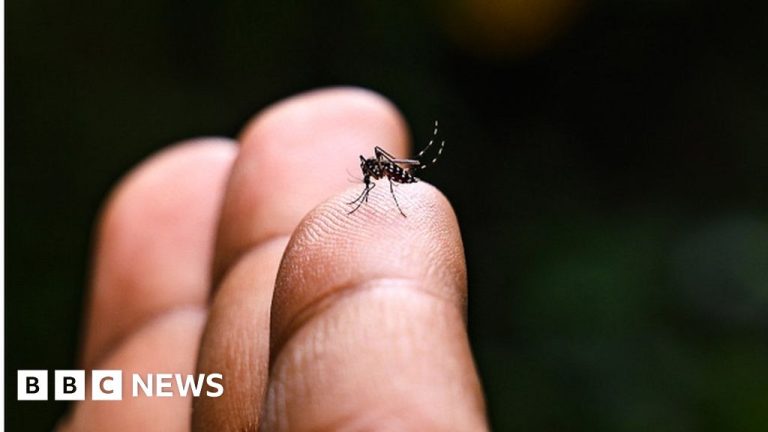The Centre for Health Protection (CHP) has recently reported a case of invasive meningococcal infection involving a 68-year-old male patient. This case highlights the importance of awareness regarding meningococcal infections, which are classified as statutory notifiable diseases. The patient presented with symptoms that led to a diagnosis of septic arthritis of the left knee caused by the bacterium Neisseria meningitidis. Fortunately, he is currently in stable condition, and it is noteworthy that he had no recent travel history, with his home contacts remaining asymptomatic.
Meningococcal infections are caused by the bacterium known as meningococcus, which can lead to severe health complications. The infection is primarily transmitted through direct contact with respiratory secretions, making it crucial for individuals to practice good hygiene to prevent its spread. The CHP has recorded six cases of meningococcal infection this year, underscoring the ongoing risk posed by this pathogen.
When meningococcus invades the bloodstream, it can lead to a serious condition known as meningococcaemia. This condition can manifest with symptoms such as fever, rash, and a rapid decline in health. Alternatively, if the bacteria invade the membranes surrounding the brain and spinal cord, it can result in meningococcal meningitis, which is characterized by symptoms including severe headache, neck stiffness, and sensitivity to light. Both conditions can have severe outcomes, making early recognition and treatment essential.
To mitigate the risk of infection, the CHP emphasizes the importance of preventative measures. Proper hand hygiene is a fundamental practice that can significantly reduce the likelihood of transmission. Individuals are encouraged to wash their hands frequently with soap and water, especially after coughing or sneezing. Additionally, covering the nose and mouth when sneezing or coughing is vital to prevent respiratory secretions from spreading to others.
Avoiding crowded places and close contact with individuals who exhibit symptoms of respiratory illness is another key recommendation. This is particularly important during outbreaks or when there is an increase in reported cases of meningococcal infections. For those planning to travel to high-risk areas, consulting with healthcare professionals about vaccination options is advisable. Vaccination can provide an additional layer of protection against certain strains of the meningococcus bacterium.
If individuals become ill after returning from high-risk areas, seeking medical advice promptly is crucial. Early intervention can lead to better health outcomes and help prevent the spread of infection to others. The CHP encourages the public to remain vigilant and informed about the signs and symptoms of meningococcal infections, as well as the necessary steps to take if they suspect they may be affected.
For more detailed information about meningococcal infections, including symptoms, prevention strategies, and vaccination options, the public is directed to visit the CHP’s official website. Staying informed and proactive can help protect not only individual health but also the health of the community at large.
In summary, the recent case reported by the CHP serves as a reminder of the potential severity of meningococcal infections and the importance of public health measures. By understanding the risks and implementing preventative strategies, individuals can contribute to reducing the incidence of this serious disease.












